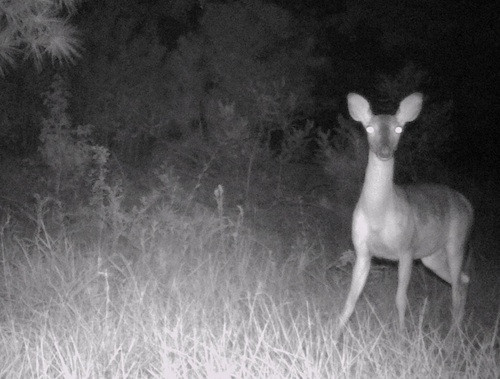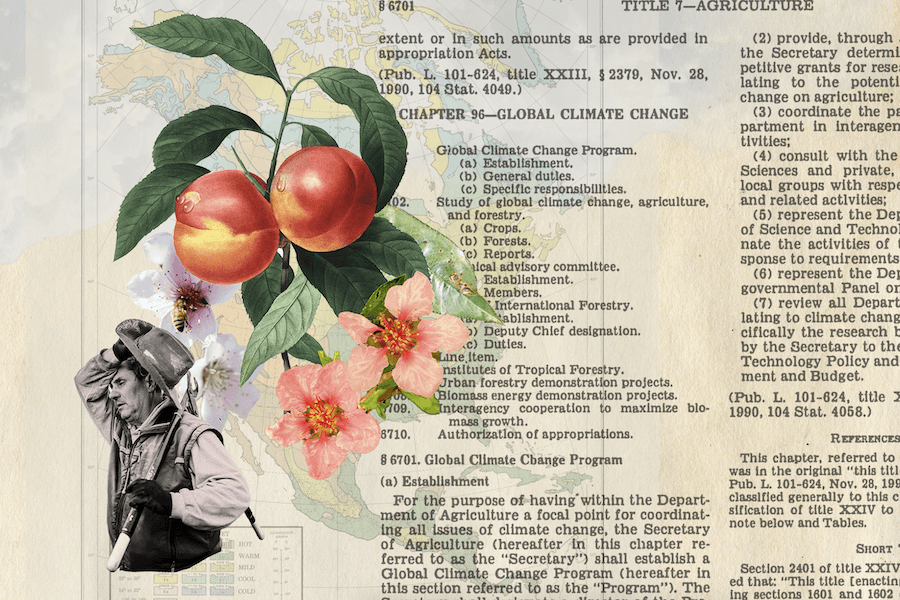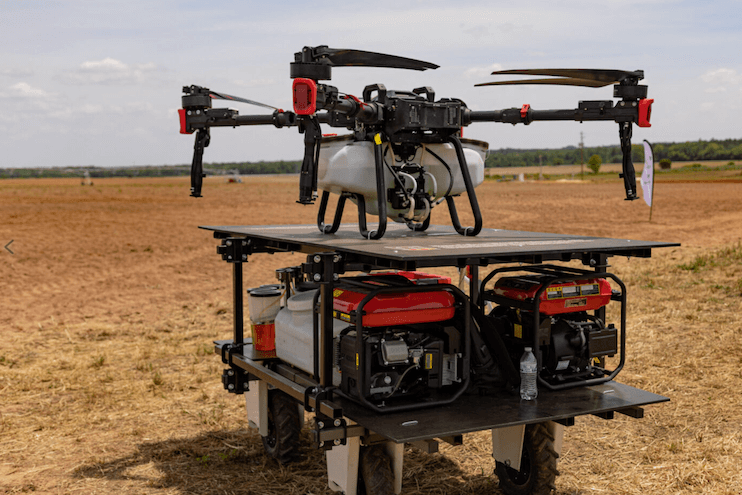Land is valuable – whether you own land, manage land or recreate on land. It can provide benefits for the landowner by way of yielding crops and timber, benefit wildlife by providing habitat and a food source, and benefit those that recreate by providing a fulfilling outdoors experience.
Landowners can make that land even more valuable by learning how to care for it at the 2015 Agroforestry and Wildlife Field Day. The tri-annual educational event is set for Thursday, Sept. 17, 2015, on the University of Georgia campus in Griffin, GA.
Attendees will hear about and see ways to increase the value of the land. Federal and state government agency officials and representatives of private business will provide management recommendations and demonstrate real-life techniques at the event.
More than 30 topics will be showcased, including:
- Wildlife Openings
- Pond Management
- Management for Wild Turkeys, Doves, Quail, Deer (each separate topics)
- Feral Hog Issues
- Selling and Marketing Timber
- Prescribed Burning
- Pinestraw Production
- Cost Share Assistance Programs
- Conservation and Purchase Easements
- Invasive Insects, Disease and Plants
- Safety and Use of Chainsaws and Chippers
- Beekeeping
Continuing Education Credits (CEU) will be available for several fields, including pesticide (several categories), forestry, loggers, arborist and wildlife. (See website for more details.)
The event will begin with registration at 8 a.m. Field day topic sites will be open from 9:15 a.m. to 4:15 p.m. Attendees will shuttle between field day topic sites either on foot or via tram and will receive a take-home booklet with in-depth topic and speaker information.
Registration is $25 prior to Sept. 3, 2015, ($30 after) and includes lunch. Pre-registrants will receive an Agroforestry and Wildlife Field Day ball cap. The event is an excellent field trip opportunity for public and homeschool high school students. High school students and teachers can attend for $10.
Prior to the event, participants are encouraged to review the list of available topics and make plans on which subjects interest them the most. In an effort to help with this task, topics have been grouped into four categories: conservation, forestry, wildlife and small equipment.
Sponsors of this event include the University of Georgia Colleges of Agricultural and Environmental Sciences and Warnell School of Forestry and Natural Resources, Georgia Forestry Commission, Georgia Department of Natural Resources’ Wildlife Resources Division, USDA Natural Resources Conservation Service and Abraham Baldwin Agricultural College.
For more information or to register, visit www.caes.uga.edu/events/awfd/.








